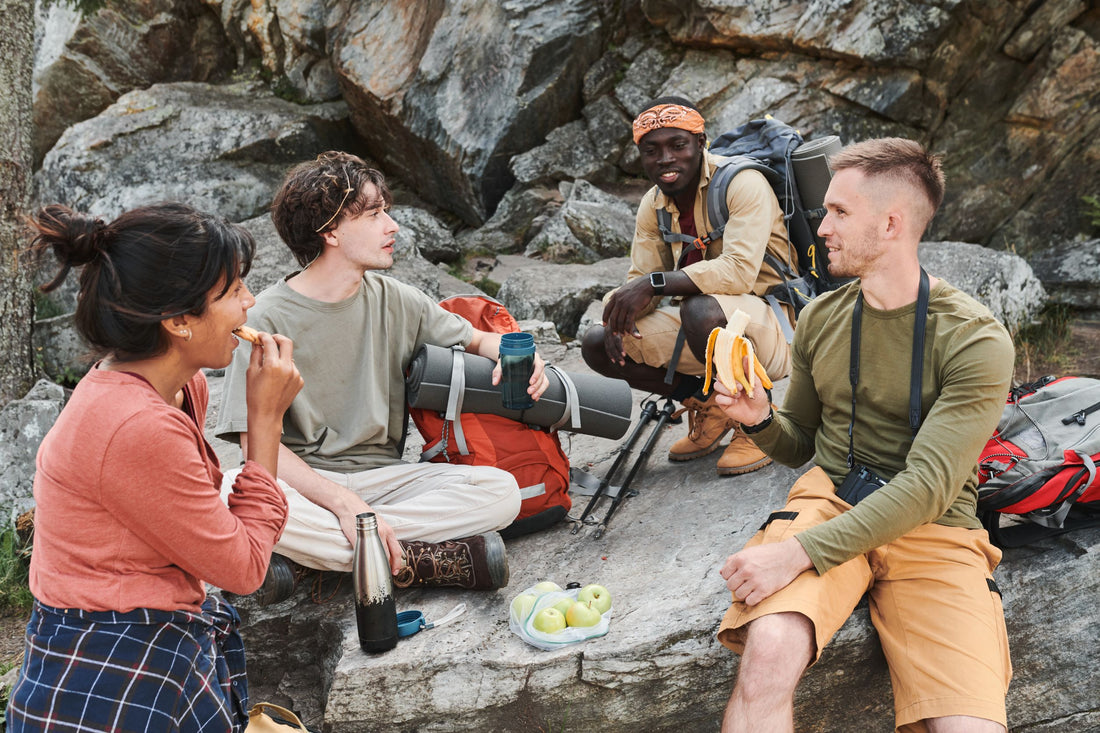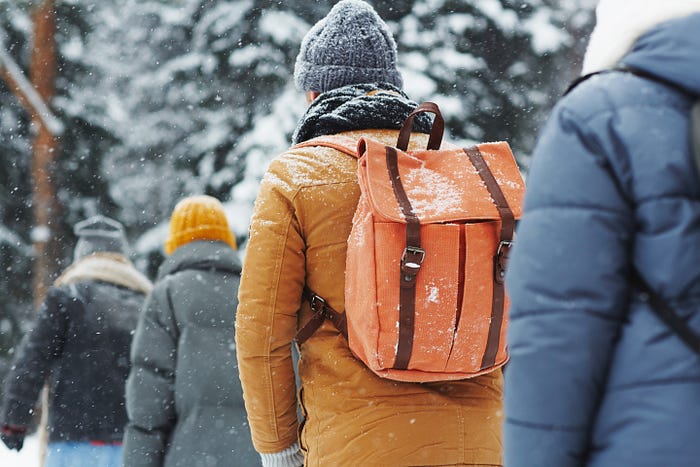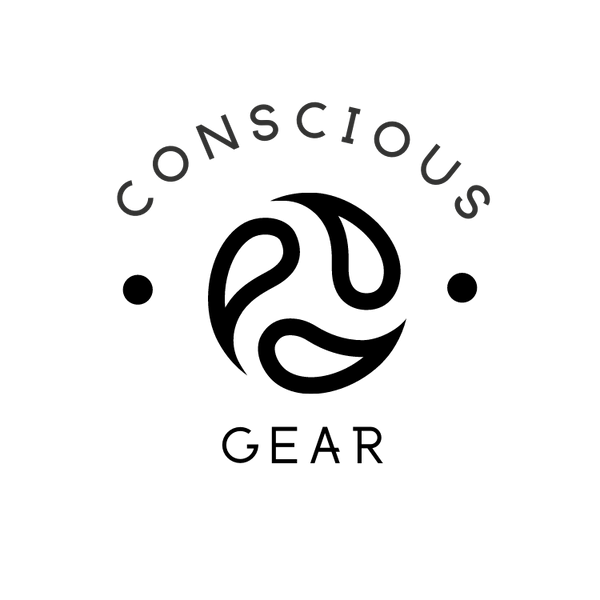
The need to expand the narrative of what it means to be an outdoor enthusiast
Share
As a society, we tend to have a narrow view of what it means to be an outdoor enthusiast. Too often, this label is associated with a certain type of person — usually white, able-bodied, and affluent — who spends their weekends' hiking, mountain biking, or climbing. But the reality is that the outdoors belongs to all of us, and it’s time to expand the narrative of what it means to be an outdoor enthusiast.
According to a recent study, only 19% of national park visitors are people of color. This is a staggering statistic, considering that people of color make up 40% of the U.S. population. This lack of diversity is not limited to national parks — it’s also evident in the outdoor industry as a whole. A 2019 report found that just 1.8% of outdoor industry jobs were held by Black people, despite the fact that Black people make up 13% of the U.S. population.
But the outdoors is not just a place for recreation — it’s also a source of healing and connection. As environmental justice activist Angela Park points out, “Nature has always been a place of solace and refuge for marginalized communities.” For many, the outdoors is a place to connect with their cultural and spiritual traditions, as well as a source of physical and mental health benefits.

So how do we expand the narrative of what it means to be an outdoor enthusiast?
One way is by actively promoting and supporting organizations that provide outdoor experiences for underrepresented communities. For example, organizations like Outdoor Afro and Latino Outdoors offer outdoor programming specifically for Black and Latino communities. These organizations not only provide access to the outdoors but also help to create a sense of belonging and community among participants.
We also need to recognize and challenge the barriers that prevent people from accessing the outdoors. These barriers can be physical, such as a lack of transportation or accessibility issues, or they can be psychological, like a lack of confidence or fear of being judged. By acknowledging and addressing these barriers, we can make the outdoors more welcoming and inclusive for everyone.
Expanding the narrative is essential for the health of the outdoor industry and the environment itself. By excluding certain groups, we are missing out on valuable perspectives and innovative solutions to the challenges facing our planet. As outdoor writer and activist, Rachel King writes, “Diversity is not just a buzzword or a moral imperative. It’s a survival strategy.”
We also need to recognize that being an outdoor enthusiast doesn’t necessarily mean engaging in high-intensity activities like climbing or mountain biking. It can simply mean enjoying a walk in the park, watching the sunset, or spending time in a backyard garden. By recognizing the value of all types of outdoor experiences, we can create a more inclusive and welcoming environment for everyone.

Words have power
The truth is we need to change the way we talk about the outdoors. Instead of using language that implies exclusivity or elitism, we should use language that emphasizes the inherent value of nature and the benefits of being outside. As an outdoor writer and activist Sarah Jackson puts it, “We need to shift the conversation from one that is centered on the individual, to one that is centered on the collective and communal experience of being in nature.”
The outdoors belongs to all of us and it’s time to expand the narrative of what it means to be an outdoor enthusiast. By supporting organizations that provide outdoor experiences for underrepresented communities, acknowledging and addressing barriers to access, and changing the way we talk about the outdoors, we can create a more inclusive and welcoming environment for everyone.
The time has come to expand the narrative of what it means to be an outdoor enthusiast. By recognizing the inherent value of nature and the benefits of being outside, supporting organizations that provide outdoor experiences for underrepresented communities, and acknowledging and addressing barriers to access, we can create a more inclusive and welcoming environment for everyone.
